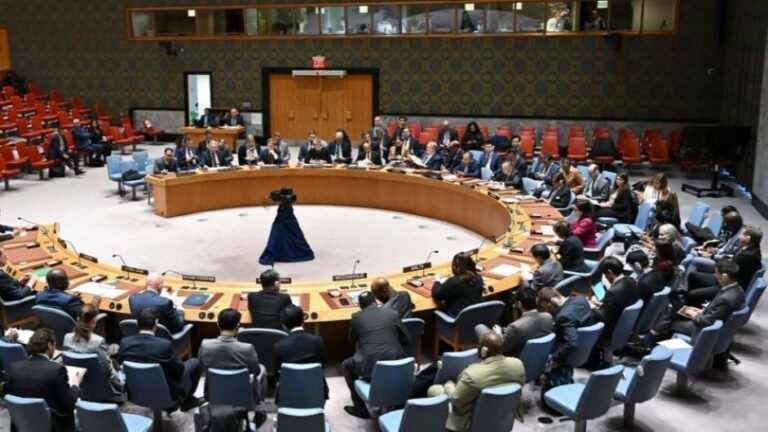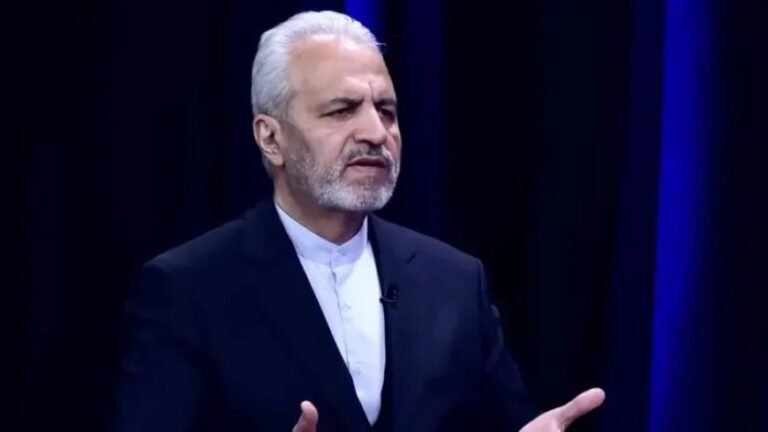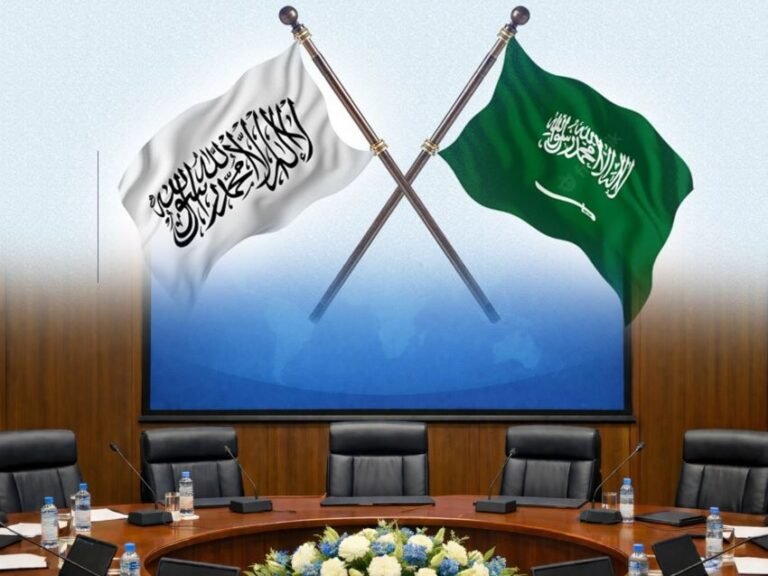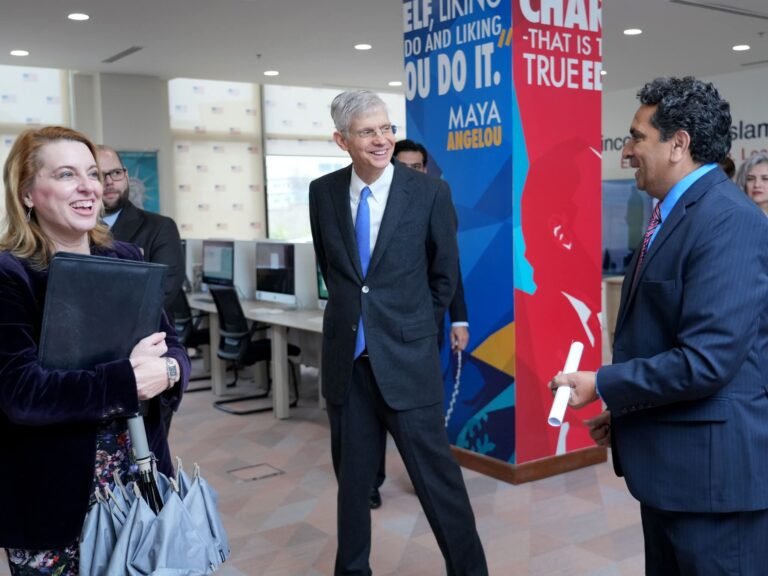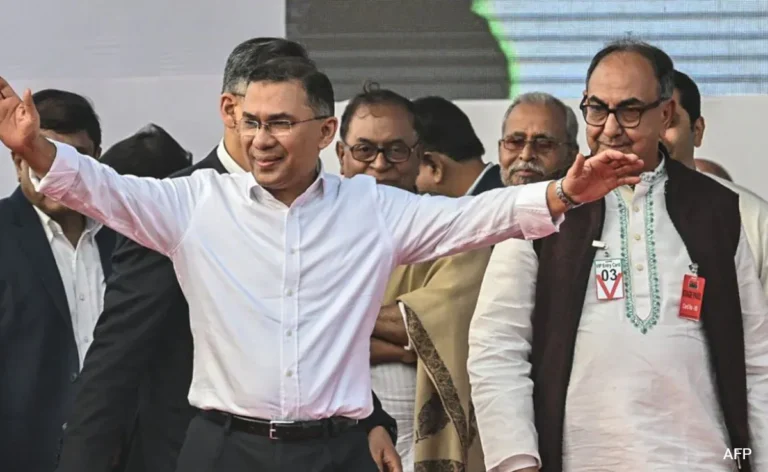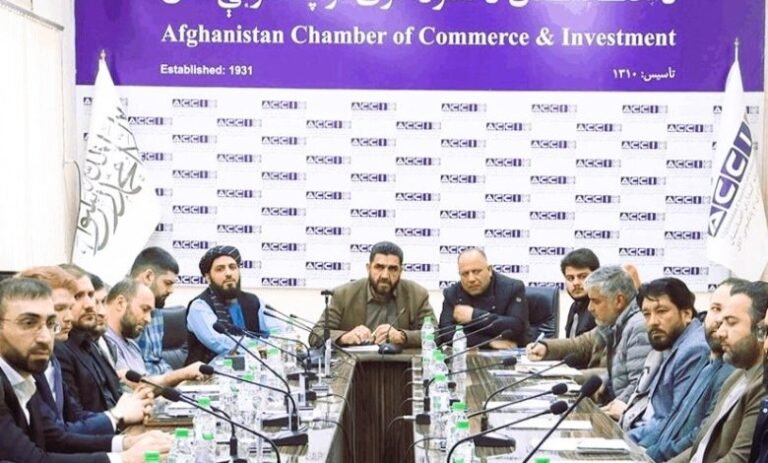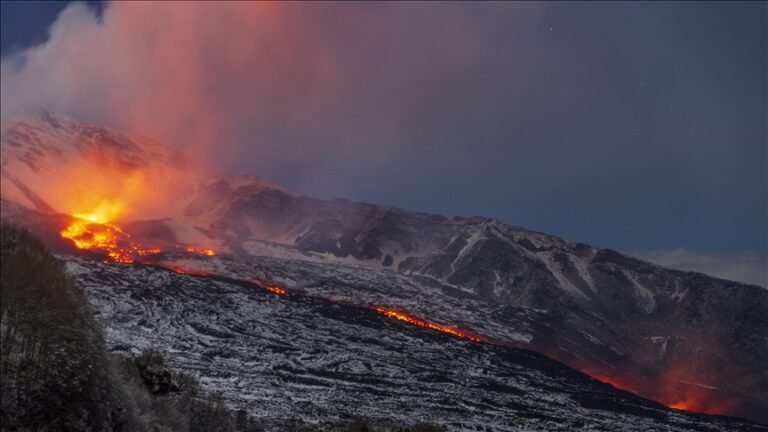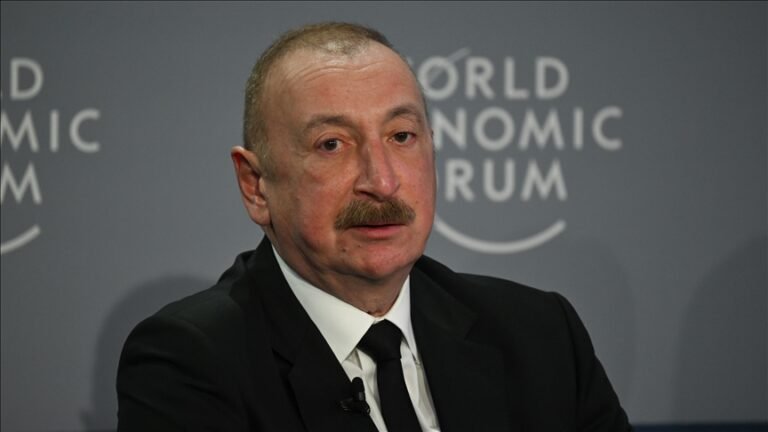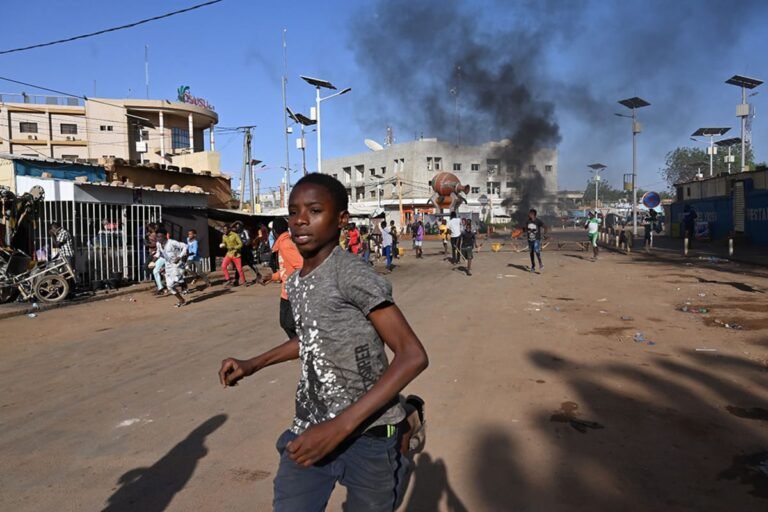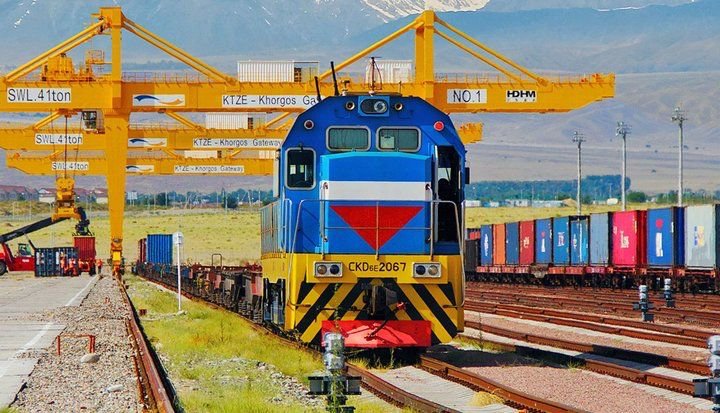Seoul, 11 January 2022 (TDI): Pyongyang is rapidly incorporating advanced weapons into its arsenal. South Korean Forces have claimed that North Korea has again tested a new Missile.
It is being surmised as more advanced than the previously tested Hypersonic Missile System. These launches emphasized the New Year’s resolution of North Korean Leader Kim Jong Un to adopt cutting–edge technology at a time when talks with South Korea and the US are stagnated.
According to JCS of South Korea
According to preliminary estimation by South Korea’s Joint Chiefs of Staff (JCS), the tested missile traveled more than 700 km (435 miles) to a maximum height of 60 km (37 miles) at a high speed of up to 10 times the speed of sound (12,348 kmh/7,673 mph).
Further, the JCS stated that this testing missile is more advanced than the missile tested by North Korea on January 5, 2022. South Korean and US intelligence services are undertaking extensive investigation in this regard.
The launching site of the ballistic missile was detected towards Jagang Province into the ocean off the east coast side of North Korea, which was being surmised as the same place of last week’s test.
North Korea is on a global race of hypersonic missiles, which are exclusive to reach a target 5 times faster than the speed of sound or approximately 6,200 km/h (3,850 mph). Said missile can maneuver at comparatively low altitudes which makes it more impervious to be detected and intercepted.
South Korean military officials cast doubt on North Korea’s last time-tested hypersonic missiles that they bear only marginal advancement over Pyongyang’s current ballistic missiles.
A former South Korean Naval officer namely Kim Dong-yup, who presently is teaching at Seoul’s Kyungnam University said; it might be possible that North Korea retested the same missile to prove to South Korean authorities who doubted the capability of the last time tested hypersonic missile.
According to the National Security Council of South Korea
South Korea’s National Security Council (NSC) convened an emergency meeting in which President Moon Jae-in voiced an alarm over a spate of tests in the run-up to the March 9 presidential election.
According to the Ministry of Foreign Affairs of South Korea, the nuclear envoys of South Korea and the United States exchanged their views on the missile tests by North Korea and coordinated their responses to each other. Both were determined to continue their efforts to resume the peace process with North Korea.
The Indo-pacific Command (INDOPACOM) of the United States military said that apparently, the missile launch did not represent an imminent danger to the United States or its allies.
Various Responses about Missile tests by North Korea
Prime Minister of Japan, Fumio Kishida expressed disappointment that the continuous launch of missiles by North Korea is extremely regrettable.
All ballistic missile and nuclear tests by North Korea have been banned under the approved resolutions by UN Security Council and sanctions also have been imposed on the program.
France, Ireland, Japan, England, Albania, and the US mission to UN issued a joint condemning statement against last week’s missile test of North Korea.
China and Russia urged the United Nations Security Council to relieve sanctions against North Korea by eliminating a ban on Pyongyang’s exports of seafood, and textiles, as well as lowering a ceiling on refined petroleum imports.
North Korea has stated that it is willing to hold mutual talks if the United States and other states abandon the hostile policies in the form of sanctions and military drills against them.
Researcher / PhD Aspirant /
M.Phil International Relations /
AVSEC Staff Member of the Year - 2021 /
Awarded with AVSEC Global Excellence Award - 2021
- This author does not have any more posts.



